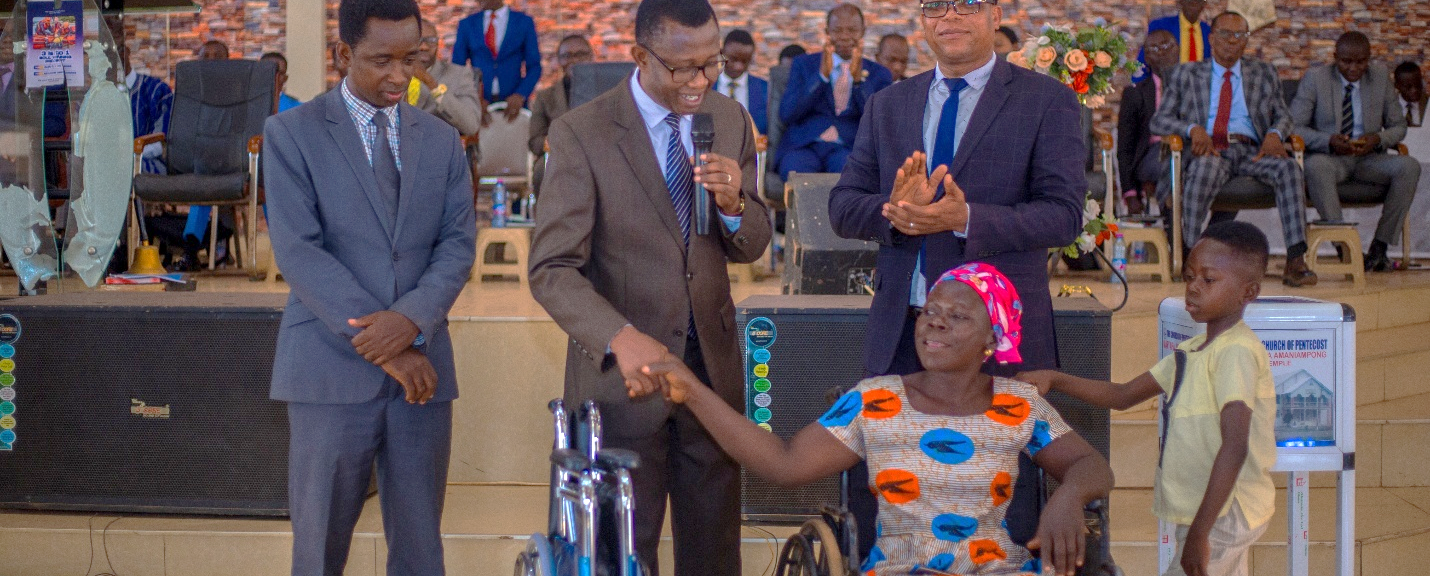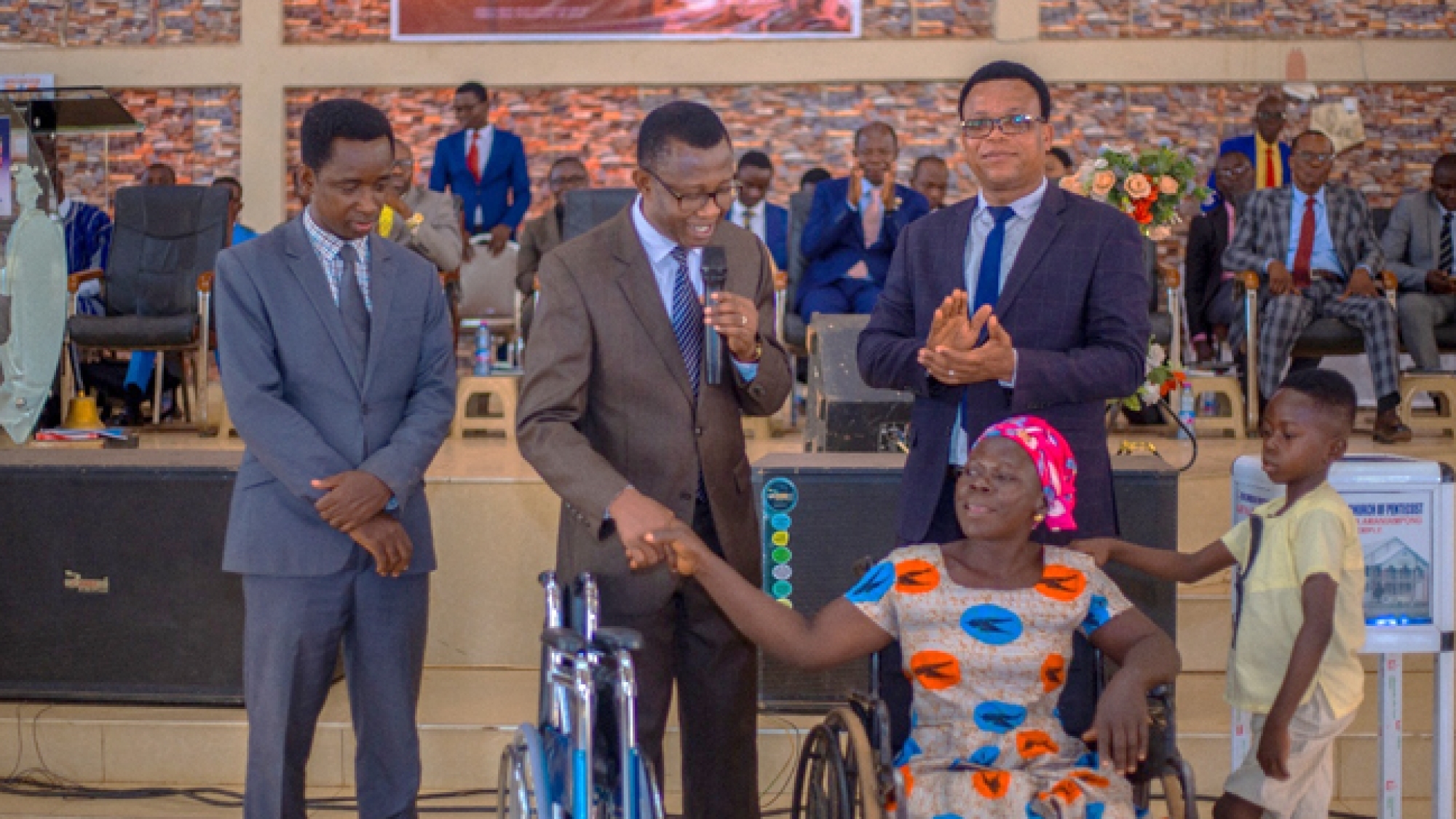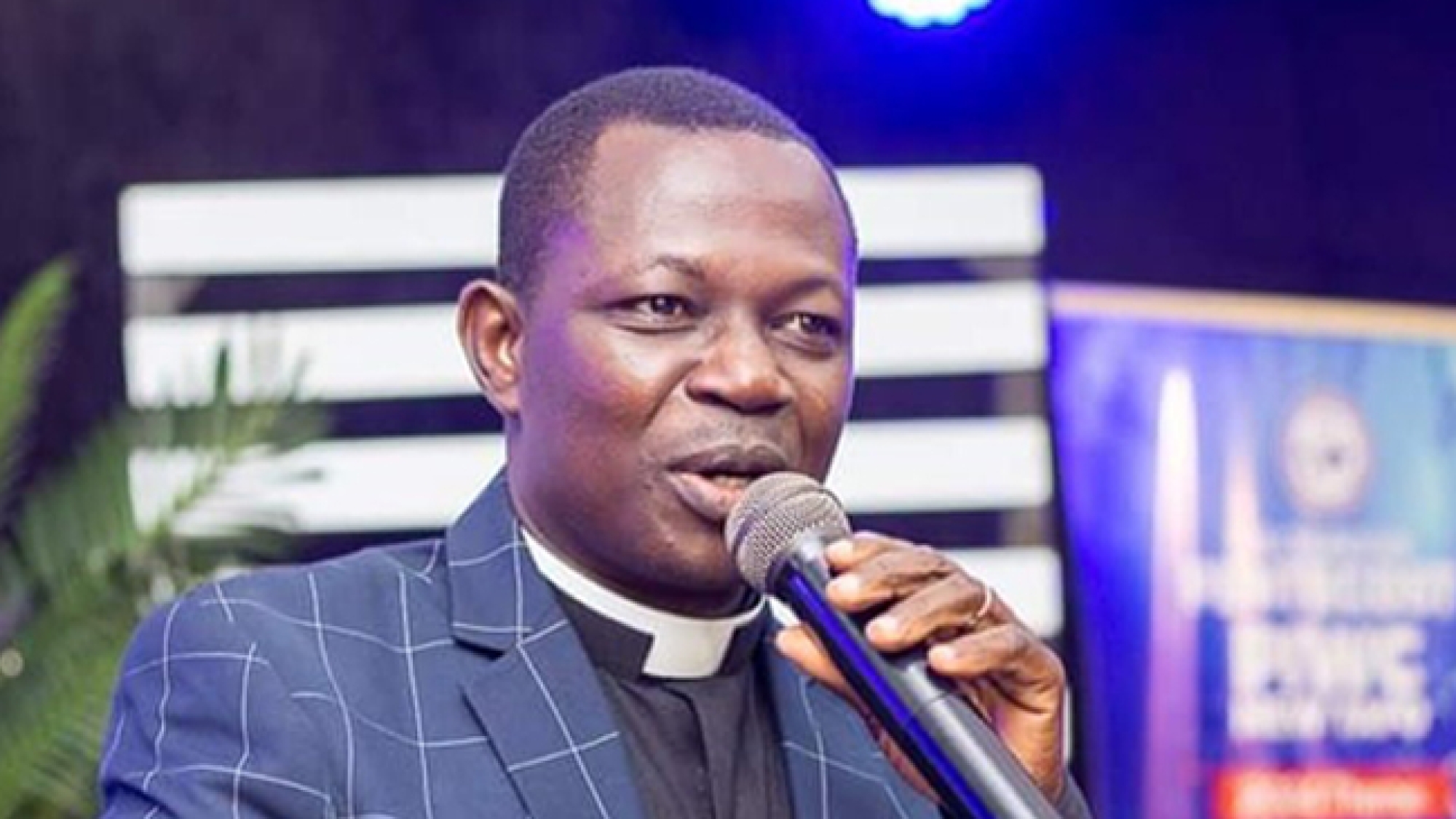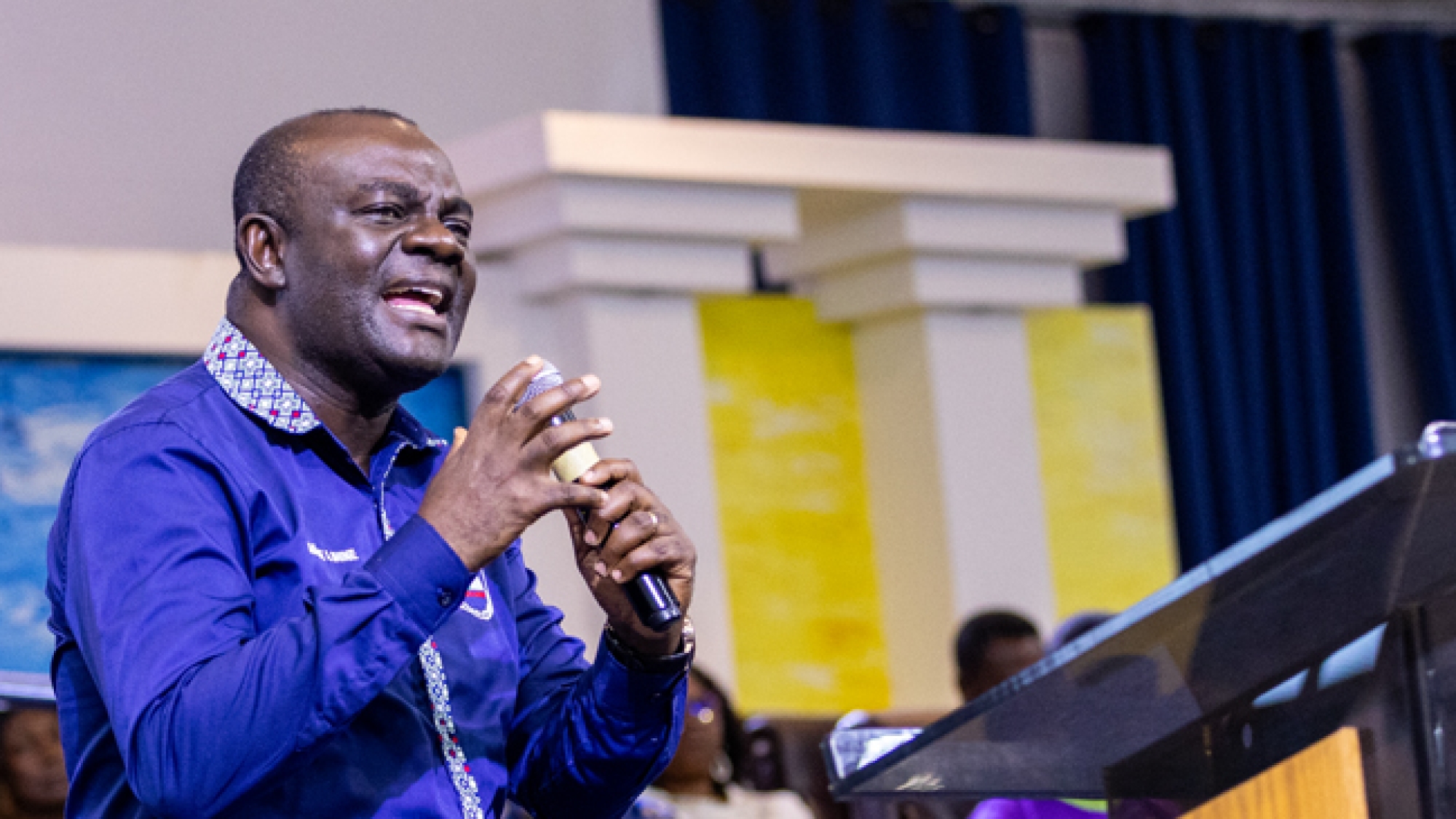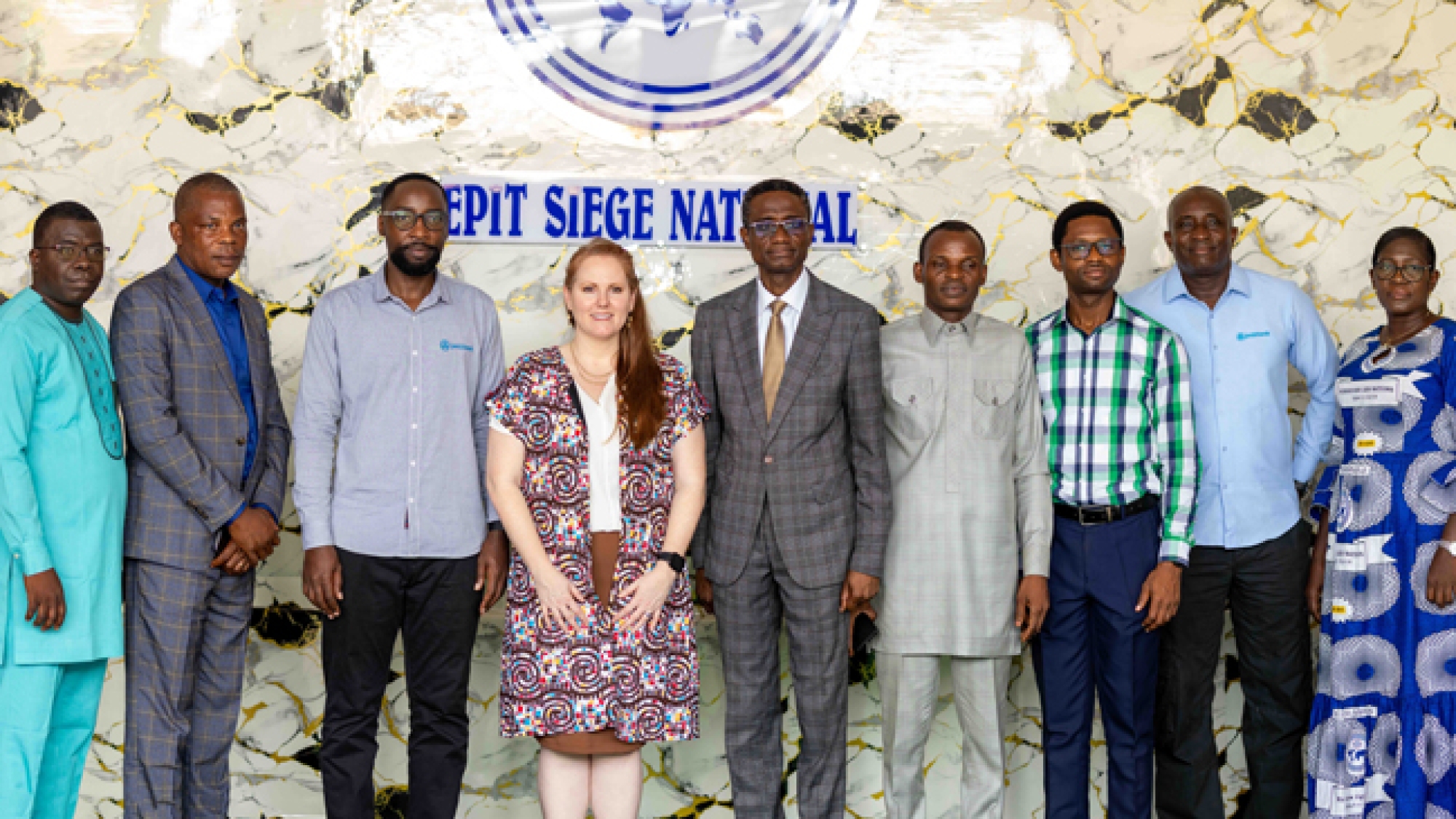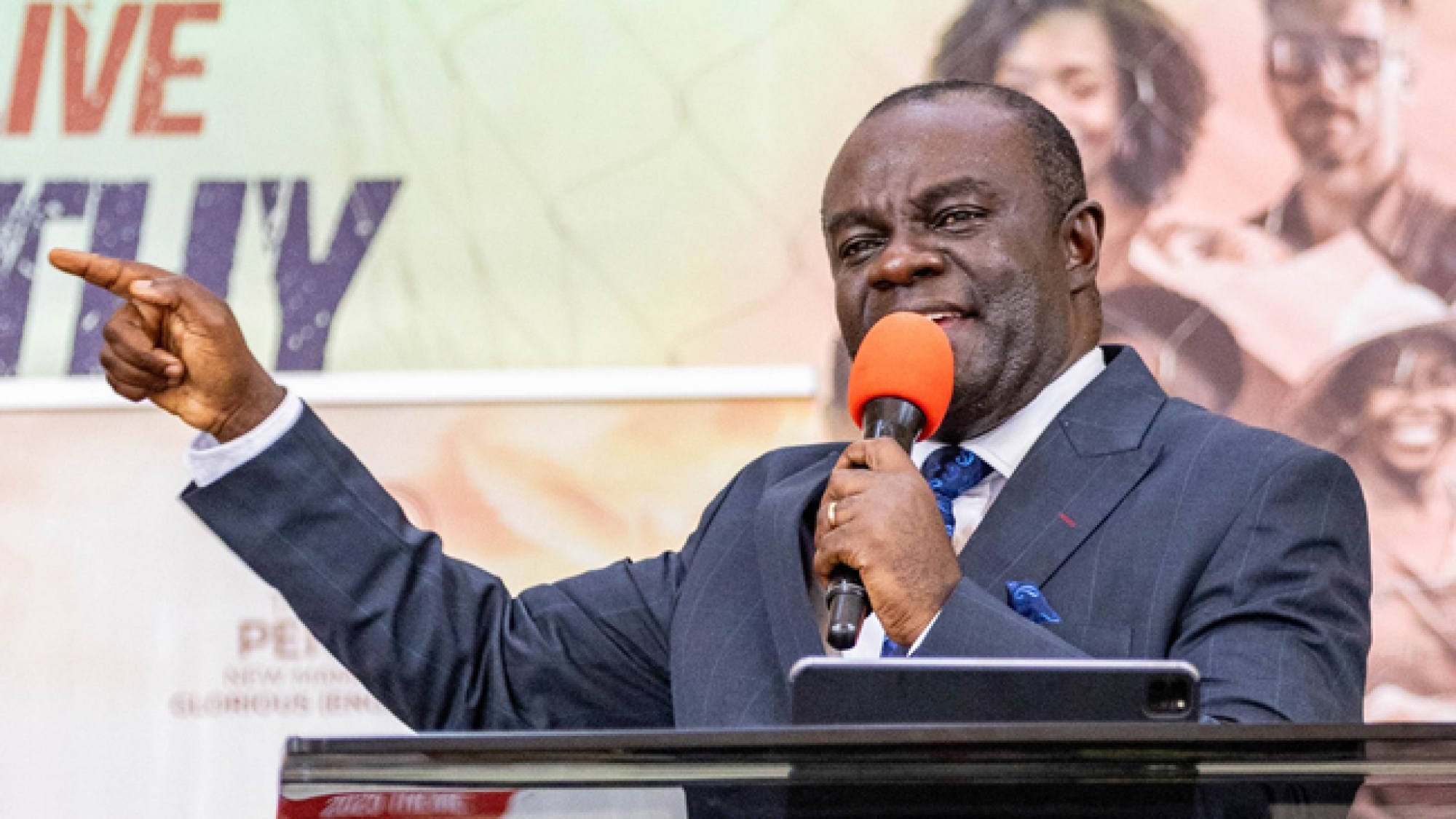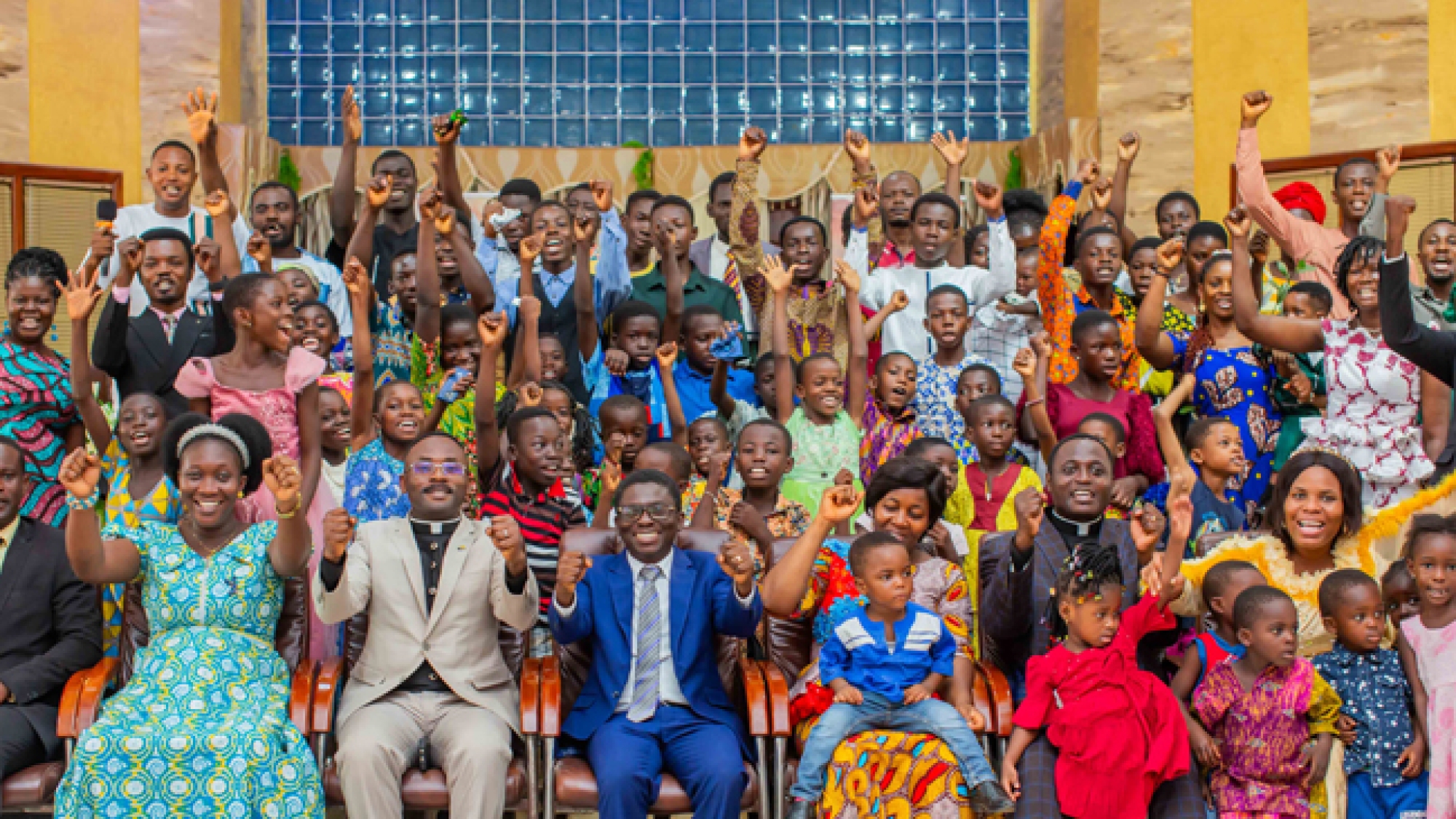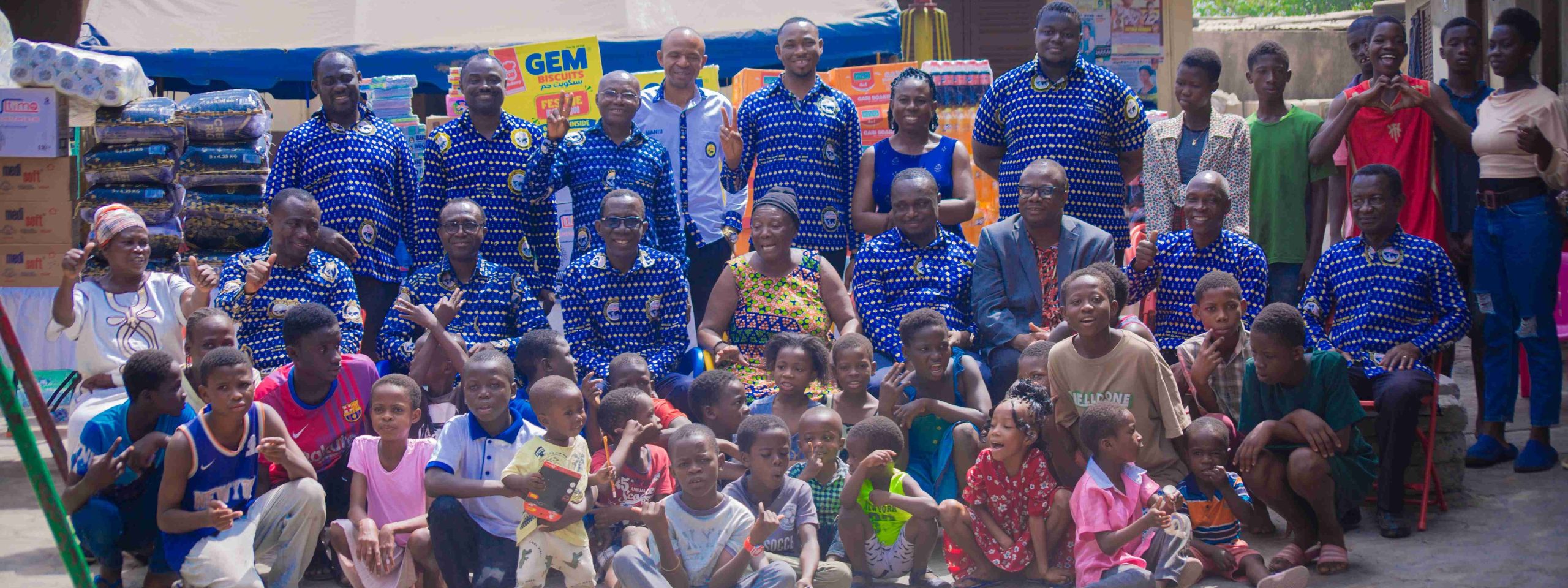Apostle Samuel Gyau Obuobi, the General Secretary of The Church of Pentecost, has emphasized the divine nature of the Christian calling, stating that believers are not called by a mere man or human institution but by God Himself—the Creator of the heavens and the earth.
He described this calling as a divine appointment, a heavenly selection, and a consecration for a purpose greater than oneself. Comparing it to an earthly king summoning someone for an assignment, he underscored the urgency and honour attached to responding to God’s call.
Apostle Obuobi made these remarks during the opening session of the 2024 End-of-Year National Report Reading and Meetings for All Ministries of The Church of Pentecost on Wednesday, February 12, 2025, at the Pentecost Convention Centre (PCC), Gomoa Fetteh. He spoke on the theme “A Call to a Life Worthy of Your Calling,” based on Ephesians 4:1.
Quoting 1 Peter 2:9 (ESV), he reminded the congregation that believers are a chosen race, a royal priesthood, a holy nation, and God’s special possession, called to proclaim His excellencies. He emphasized that every profession—be it a teacher, trader, doctor, student, or pastor—does not exempt anyone from this divine calling.
In his sermon, Apostle Obuobi highlighted that the calling comes with great responsibility, requiring a life that aligns with its worthiness. Referring to Ephesians 4:1 (MSG), he pointed out two key revelations.
First, he explained that each calling has a specific road assigned to it. He warned against straying onto paths of compromise, worldliness, and lukewarm Christianity, urging believers to remain focused and true to their divine mandate.
Second, he stressed the need for urgency, emphasizing that there is no time to waste. According to him, this is the hour to be vigilant, prayerful, and fully committed to the path God has set before His people.
Apostle Obuobi cautioned that not all roads lead to eternal life, referencing Matthew 7:13-14, where Jesus declared that the way to life is narrow and only a few find it. He reiterated that God has a standard, which cannot be lowered to suit human weaknesses. He admonished believers that following Jesus while holding on to worldly ways is impossible because God requires holiness.
Expounding on the necessity of holiness, Apostle Obuobi quoted 1 Thessalonians 4:7 (MSG): “God hasn’t invited us into a disorderly, unkempt life but into something holy and beautiful—as beautiful on the inside as the outside.” He emphasized that God did not merely repair believers but made them new creations.
According to him, the evidence of holiness includes a life of love, patience, forgiveness, faithfulness, and purity, as well as a heart set apart for God. He quoted Ezekiel 43:12 (NLT), stating that holiness is not occasional or partial but absolute, and without holiness, no one will see God (Hebrews 12:14, MSG).
Apostle Obuobi also outlined the four key pillars of the 2025 theme of The Church of Pentecost:
- The Glory of the Lord Must Remain in the Church Forever – He stressed the need to guard and preserve God’s presence for generations to come.
- Living Worthy of Our Calling Retains God’s Glory – He noted that a compromised church is powerless, but holiness preserves divine glory.
- Absolute Holiness is the Standard of God – He stated that holiness must be total, not selective or occasional.
- Our Lives Must Cause People to Praise God – Drawing from Paul’s testimony in Galatians 1:24, he encouraged believers to live in a way that causes others to glorify God.
In conclusion, Apostle Obuobi issued a passionate call to revival, urging believers to reject complacency and embrace a life of power, holiness, and unwavering commitment to their calling. He declared that heaven is watching, the world is observing, and even hell is trembling as a new generation rises—one that refuses to compromise.
He then called on all present to rise and pray in response to this divine charge.
Report by Elder Enoch Asare Obeng, Koforidua Sector Working Team Member (HUM)
